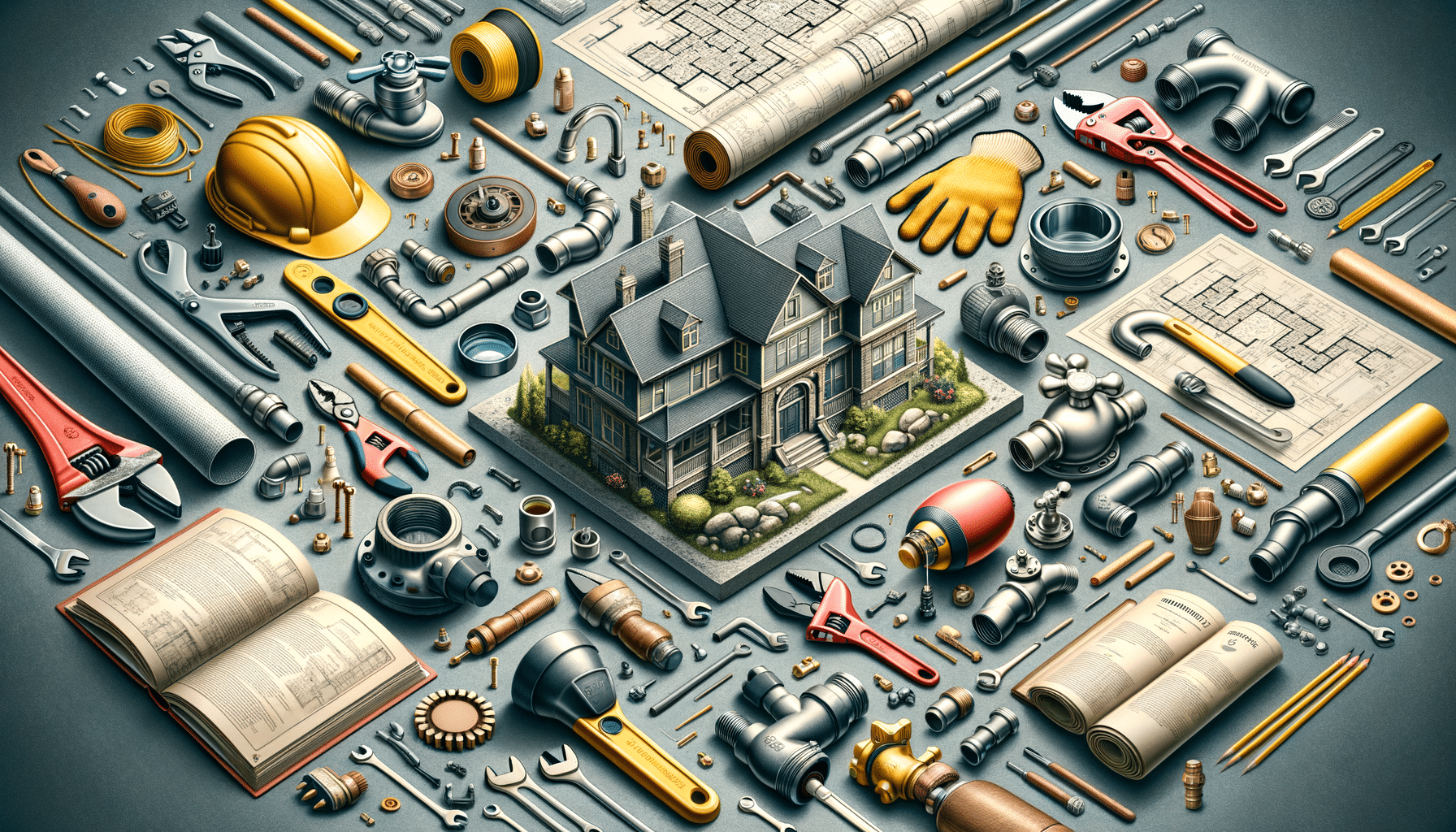
Exploring Career Opportunities in the Plumbing Industry
Introduction to Plumbing Careers
Plumbing is an essential service that plays a critical role in maintaining the infrastructure of residential, commercial, and industrial properties. A career in plumbing offers a stable and rewarding path with numerous opportunities for specialization and advancement. As cities continue to grow and infrastructure ages, the demand for skilled plumbers remains strong, making it a viable career choice for those interested in hands-on work and technical problem-solving.
The Role of a Plumber
Plumbers are tasked with installing, repairing, and maintaining piping systems, fixtures, and other plumbing equipment used for water distribution and waste disposal. Their work is crucial in ensuring the smooth operation of water supply systems and sanitation facilities. Plumbers work in various settings, including residential homes, commercial buildings, and large industrial complexes. They must be adept at reading blueprints, understanding building codes, and using a range of tools and equipment.
Plumbers often specialize in specific areas such as pipefitting, steamfitting, or sprinkler fitting. Each specialization requires a unique set of skills and knowledge, allowing plumbers to tailor their careers according to their interests and strengths. The ability to diagnose complex issues and provide effective solutions is a key aspect of the trade, making it both challenging and rewarding.
Training and Qualifications
Becoming a plumber typically involves a combination of formal education and hands-on training. Many aspiring plumbers begin their careers through apprenticeships, which provide valuable on-the-job experience under the supervision of experienced professionals. Apprenticeships usually last four to five years and include both practical training and classroom instruction.
In addition to apprenticeships, vocational schools and community colleges offer plumbing programs that cover essential topics such as plumbing codes, safety practices, and system design. Upon completing their training, plumbers may need to obtain a license to work legally in their state or locality. Licensing requirements vary, but they generally involve passing an exam that tests knowledge of plumbing systems and regulations.
Career Opportunities and Advancement
The plumbing industry offers a wide range of career opportunities, from entry-level positions to advanced roles in management and entrepreneurship. Experienced plumbers can choose to work for established companies or start their own businesses, providing greater flexibility and potential for growth.
Plumbers with extensive experience and specialized skills may advance to supervisory or project management roles, overseeing teams of plumbers and coordinating large-scale projects. Additionally, plumbers can pursue further education and certifications to enhance their expertise and expand their career prospects.
The demand for plumbing services is expected to remain steady, driven by factors such as population growth, aging infrastructure, and the increasing emphasis on water conservation and energy efficiency. This makes plumbing a promising field for those seeking long-term career stability and growth.
Challenges and Rewards in the Plumbing Profession
Like any profession, plumbing comes with its own set of challenges. Plumbers often work in physically demanding conditions, requiring strength and stamina to perform tasks such as lifting heavy materials and working in confined spaces. They must also be prepared to respond to emergencies, which can involve working outside of regular business hours.
Despite these challenges, a career in plumbing offers numerous rewards. Plumbers enjoy the satisfaction of solving complex problems and contributing to the well-being of their communities by ensuring access to clean water and effective sanitation. The skills acquired in plumbing are transferable and can open doors to related fields such as construction and engineering.
Moreover, plumbing is a profession that can provide a sense of accomplishment and pride, as plumbers play a crucial role in maintaining the health and safety of the built environment. With the right training and dedication, individuals can build a fulfilling and lucrative career in this essential industry.


